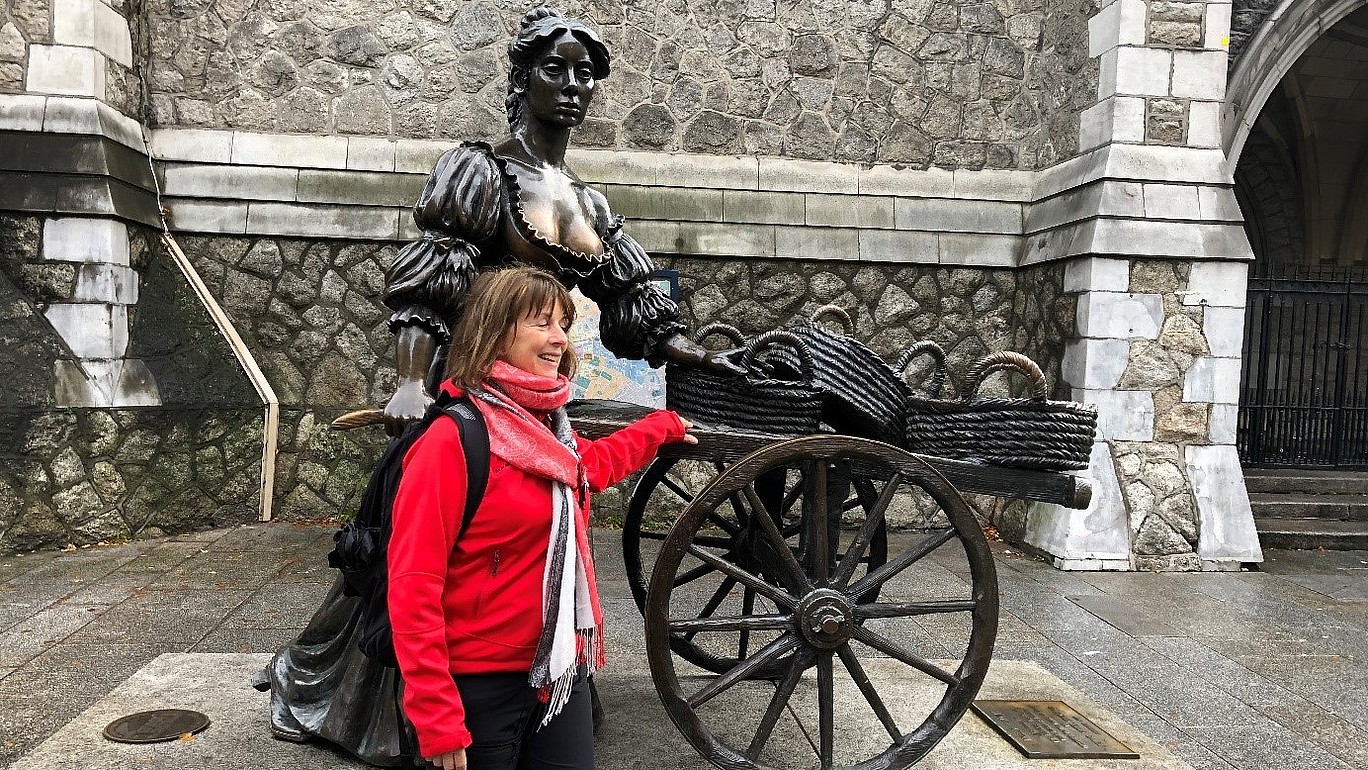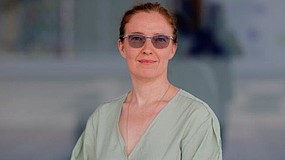An intensive language course in Ireland or Malta is a very special experience, reports Simone Kunze.

Everyone has probably heard of the European funding program Erasmus+, after all, it is an old hand at almost 35 years old. Over 9 million people have been mobilized so far. Students have received funding for their studies or internships abroad, as have lecturers for their teaching at universities abroad. But what few people know: All members of a university can go abroad with Erasmus+.
In Saxony, the Leonardo Office Saxony in Dresden has been responsible for students at Saxon universities since 1992 when they do their internship abroad. The HSZG has been involved right from the start, so to speak. In 1996, the first HSZG student was awarded EU funding. Since then, 20 to 30 students take advantage of the opportunity to complete an Erasmus-funded internship every year.
Since January 1, 2022, the HSZG and the Leonardo office have been working even more closely together, as staff and lecturer mobility can now also be financed by the Dresden office with Erasmus+ funds. The contact person for this is Enrico Plathner.
Born in Görlitz, he has been at the Leonardo Office Saxony since 2006 and has been providing information and support to students from Zittau and Görlitz together with the International Office for many years.
Lecturer mobility and staff mobility for further education purposes, as it is officially called, is used by various groups of employees. In addition to academic staff, employees from all areas have been supported by the Leonardo Office Saxony in the past.
One or two-week language courses in Ireland, the UK or Malta are particularly popular with those who have a lot of contact with international students. The campus is becoming increasingly international and so many take the opportunity to polish up their rusty language skills with an intensive language course. With Erasmus+, employees can be supported several times over. Some are real Erasmus+ experts after their third language course abroad.
The International Staff Weeks are very interesting and equally popular. International relations, research and development, academic and student affairs, PR and communication, for example, are often the topics of these Staff Weeks, which are aimed at members of higher education institutions and are usually held at universities.
Language courses and staff weeks also offer the opportunity to get to know like-minded people. If this is not individual enough for you, you can also do a job shadowing at a foreign institution.
Depending on the country, the flat-rate funding within the framework of Erasmus+ is between EUR 140 and EUR 180 per day as well as a travel allowance of between EUR 180 and EUR 375.
If you are interested, you can find details and the application form under Staff Mobility on the HSZG website or here.

After 22 years, I was once again drawn to Dublin, having already been there twice in 1999 for an English language course. The organization was very simple, as the accommodation was also arranged by the chosen language school. It was also quite easy to apply for financial support via the mobility online portal.
The workflow there shows you the steps you need to take and the relevant forms are sent to you to complete. It's not a hurdle and it's worth it, because the ERASMUS+ scholarship is a great way to cover the additional expenses for flights, language school, accommodation and living abroad.
Text: Enrico Plathner
